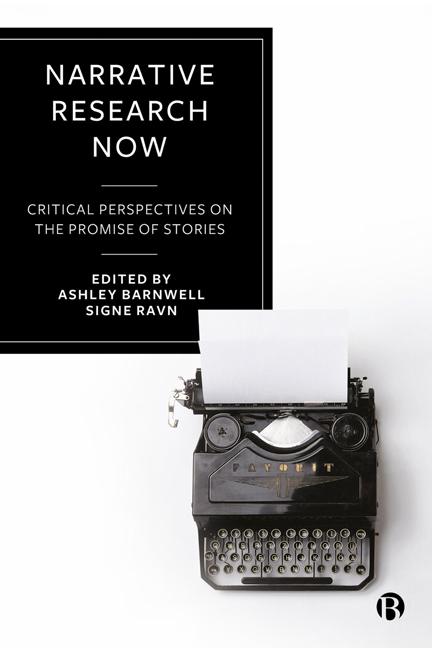6 - “I can’t believe how much I’ve done”: Joan and the Evolution of Her Life Story
Published online by Cambridge University Press: 28 March 2024
Summary
From the moment our application became a funded project, the Invisible Farmer (TIF) research team prioritised recording Joan’s life story. Supported by the Australian Research Council (ARC) in 2017, TIF was a national project that ran for three years, collecting stories, records and artefacts of Australian women involved in food and fibre production, especially those that brought the Australian Rural Women’s Movement to life in the 1980s (Henningham, 2014; Henningham and Morgan, 2018). A member of a large, multidisciplinary team of historians, sociologists and heritage specialists, determined to make visible the women who were so often treated as ‘silent partners’ in farming enterprises, my task was to travel around the country recording life history interviews for research purposes and subsequent curation in the National Library of Australia’s (NLA) Oral History Collection, a truly wonderful assignment. Selecting the 30 women we had been funded to interview was a fraught business when there were so many worthy candidates. Joan, however, was unanimously regarded as ‘a must do’ and, being one of the older potential narrators, interviewing her became a priority. Sadly, there is always a touch of ‘ambulance chasing’ when it comes to making these decisions, and by way of underlining the importance of getting these trailblazing women on the record as soon as possible, my first interview was with one of the first women to operate as a commercial fisher, Mary Mitchelson, who passed away aged 91 in 2020 (Mitchelson and Henningham, 2017). Joan, when I interviewed her in 2017, was relatively youthful at 84. In 2022 she is looking forward to her 90th birthday next year but, as the saying goes, ‘it’s complicated’.
Not long after I interviewed Joan, she was diagnosed with what was described to me by her designated power of attorney as ‘advanced dementia’. Joan never had the opportunity to listen back to her own recorded interview prior to receiving this diagnosis, although she had that opportunity some months later with members of her extended family. I know that experience, of having a version of her own story told in her own voice presented back to her, was one she enjoyed.
- Type
- Chapter
- Information
- Narrative Research NowCritical Perspectives on the Promise of Stories, pp. 87 - 102Publisher: Bristol University PressPrint publication year: 2023

